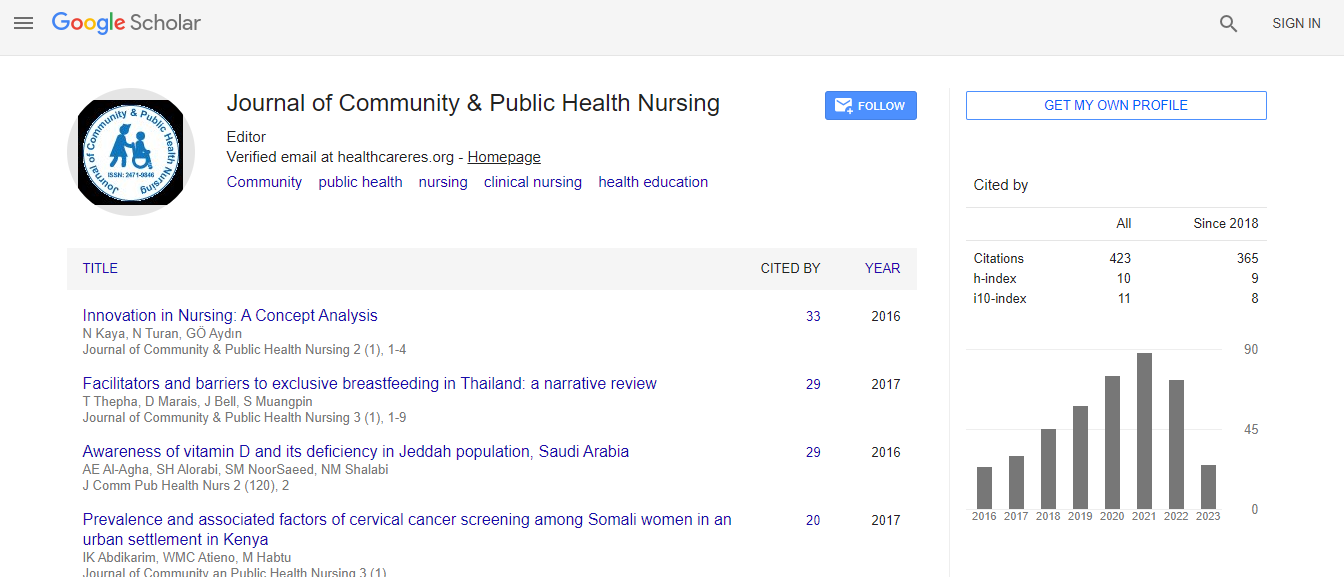Research Article
Application of the Theory of Planned Behavior to Assess the Determinants of HIV/AIDS Risk among High School Students in Hawassa City, Ethiopia
Abiy Semungus1, Zelalem Tafese2* and Tesfaye Semella31Hawassa University School of Environmental, Gender and Developmental Studies, Hawassa, Ethiopia
2Hawassa University School of Nutrition Food Science and Technology, Hawassa, Ethiopia
3Center for Policy and Development Research (CPDR), Hawassa University, Hawassa, Ethiopia
- *Corresponding Author:
- Zelalem Tafese, M.Sc.
Lecturer, Hawassa University
School of Nutrition Food Science and Technology
Hawassa, Ethiopia
Tel: +251911479506
Fax: 911479506
E-mail: wudasiez@gmail.com
Received date: December 15, 2016; Accepted date: December 29, 2016; Published date: January 05, 2017
Citation: Semungus A, Tafese Z, Semella T (2017) Application of the Theory of Planned Behavior to Assess the Determinants of HIV/AIDS Risk among High School Students in Hawassa City, Ethiopia. J Comm Pub Health Nursing 3:151. doi:10.4172/2471-9846.1000151
Copyright: © 2017 Semungus A, et al. This is an open-access article distributed under the terms of the Creative Commons Attribution License, which permits unrestricted use, distribution, and reproduction in any medium, provided the original author and source are credited
Abstract
High school students are more likely to be at risk of HIV/AIDS. Knowledge gaps and misconceptions in areas of HIV transmission, unfavorable attitudes and risky sexual behavior are the major hindrances to prevent the spread of HIV. To assess the determinants of the risk behavior towards HIV/AIDS among high school students in Hawassa city, a cross sectional study was conducted. Percentage was used to determine the level of knowledge, attitude, perceived behavioral control and subjective norm of students. Logistic regression analysis; P-value, odds ratio and confidence interval was computed. Out of 367 study participants, 245 (66.8%) have good knowledge towards HIV/AIDS. Student’s behavior is found significantly affected by their gender, a type of school, perceived behavioral control and attitude towards HIV at (p<0.05). Multivariable Logistic regression analysis revealed the student’s behavior is significantly affected only by their attitude at (p<0.001). The study highlighted misconceptions about preventive methods of HIV transmission and risky sexual behaviour which need to be addressed. Specified, focused, continued and strengthened education on HIV/AIDS to bring change in behavior, through modifying their attitude is recommended.

 Spanish
Spanish  Chinese
Chinese  Russian
Russian  German
German  French
French  Japanese
Japanese  Portuguese
Portuguese  Hindi
Hindi 
